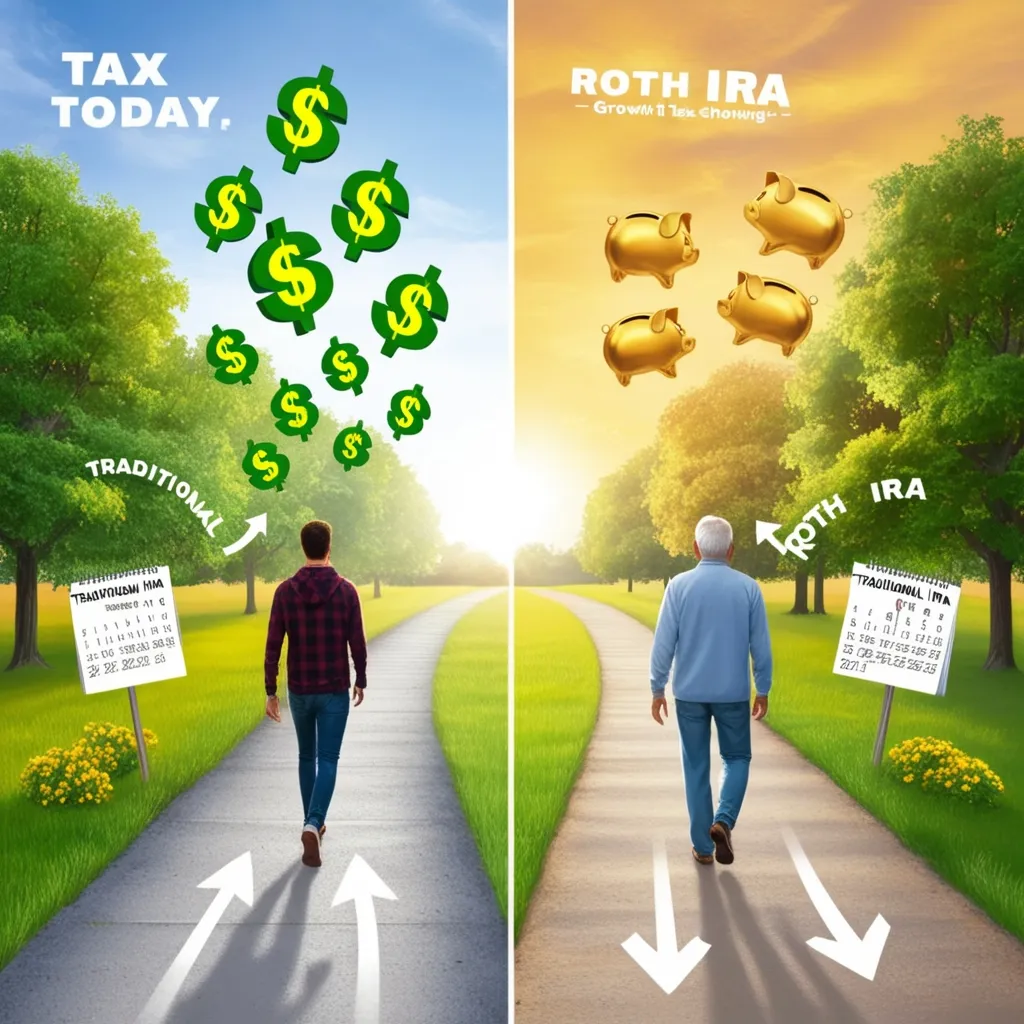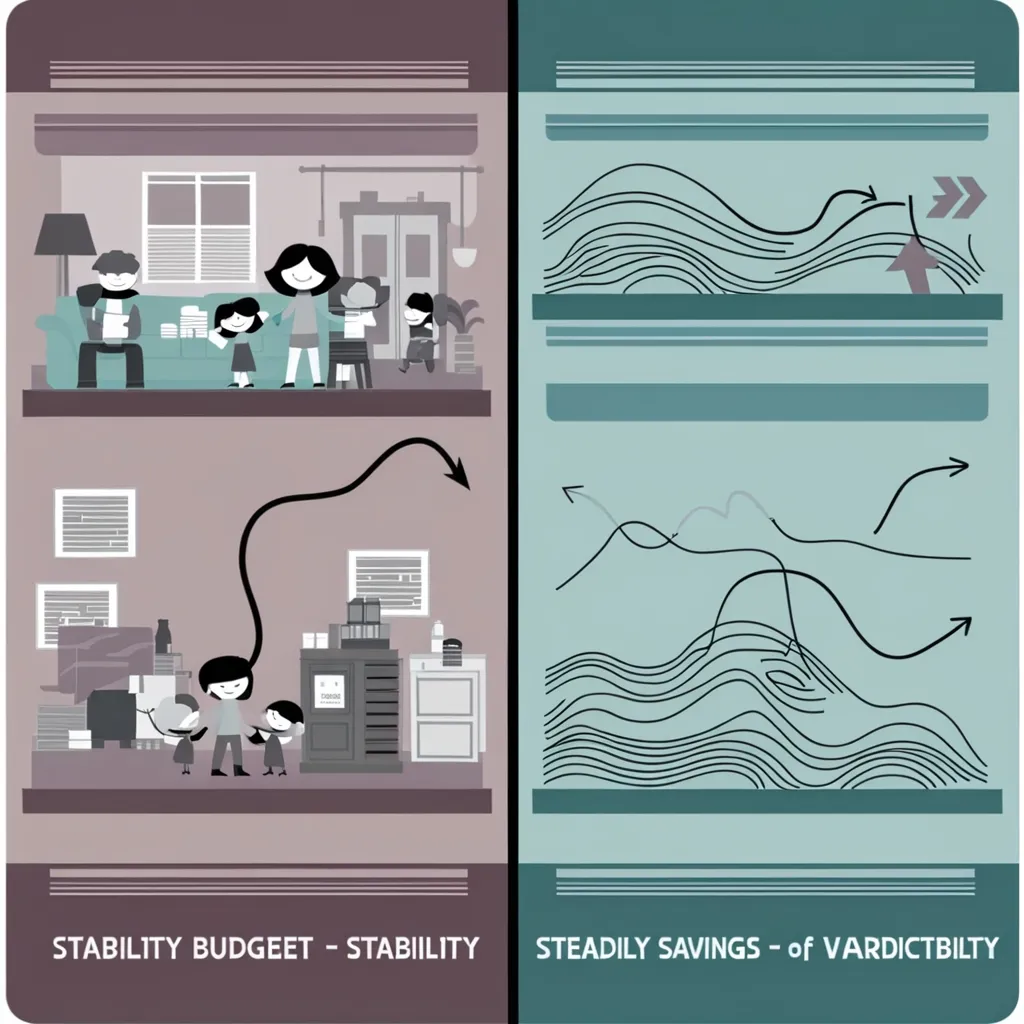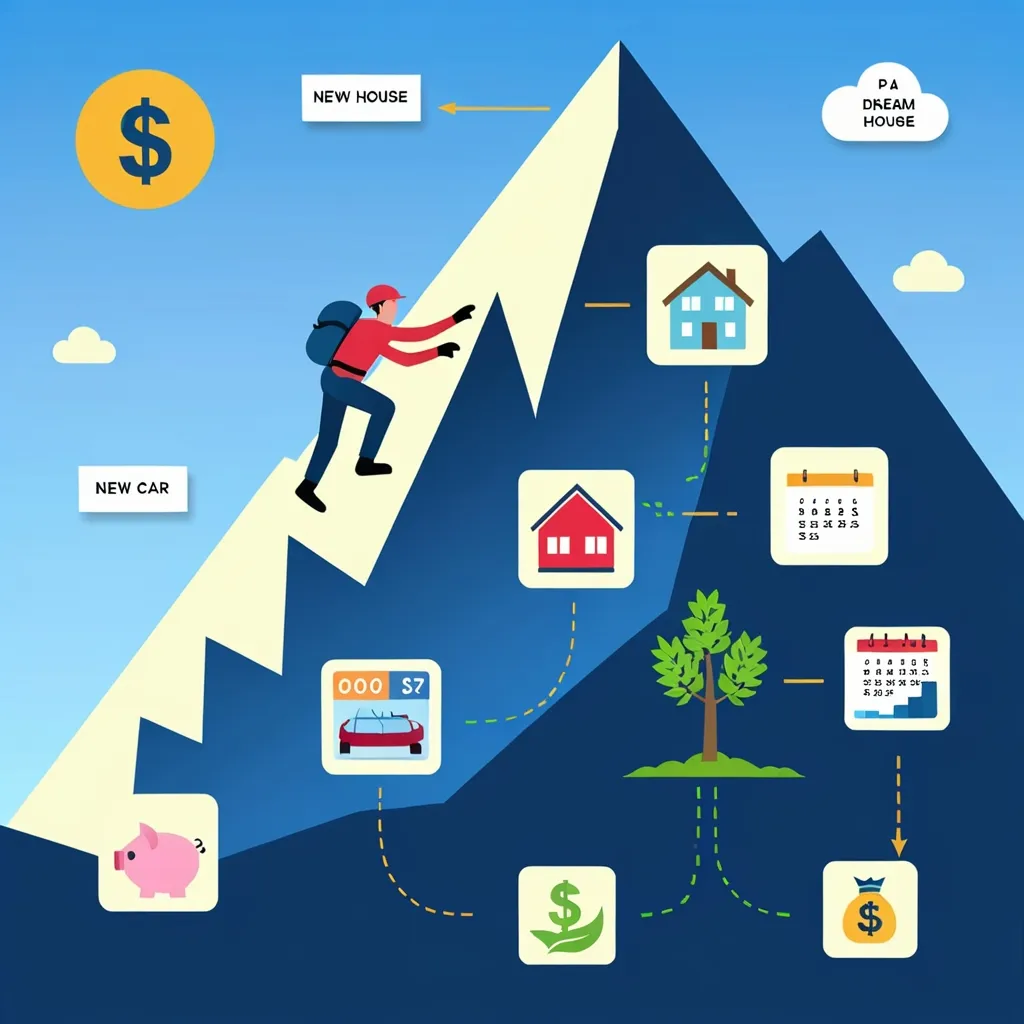Welcome to the new era of ethical investing, where making money and making a difference go hand in hand. Gone are the days when investors had to choose between profits and principles. Now, we’re seeing a seismic shift in the financial world, with ethical investing moving from the sidelines to center stage.
So, what’s driving this change? It’s a perfect storm of factors, really. We’ve got a growing awareness of how our economic choices impact the world around us, technological advancements that make it easier to track companies’ ethical performance, and a new generation of investors who want their money to do more than just grow.
Let’s talk about these young investors for a minute. Millennials and Gen Z are shaking things up in a big way. They’re not just looking at the bottom line; they want their investments to reflect their values. It’s like they’re voting with their dollars, and companies are starting to sit up and take notice.
And it’s not just talk. These younger investors are putting their money where their mouth is. Almost all Millennials in the U.S. have shown interest in sustainable investing. That’s huge! It’s a clear signal that the future of investing is going to look very different from its past.
But here’s the thing: ethical investing isn’t just for the young and idealistic. It’s becoming a smart business move for investors of all ages. Why? Because companies that prioritize ethical practices often perform better in the long run. They’re better prepared for future challenges, more innovative, and less likely to get caught up in scandals that can tank their stock prices.
Now, you might be wondering, “How do I know if a company is really ethical?” Good question! This is where technology comes in. We’re living in an age of unprecedented transparency, thanks to data analytics tools and platforms that can give us the lowdown on a company’s environmental, social, and governance (ESG) practices.
Want to know how much carbon a company is pumping into the atmosphere? There’s data for that. Curious about their diversity and inclusion policies? You can find that too. It’s like having X-ray vision into a company’s ethical practices.
But it’s not just about individual investors doing their homework. The whole financial system is evolving to support this new era of ethical investing. We’re seeing new global standards and regulations that require companies to disclose their ESG performance. The EU, for example, is rolling out a directive that will make over 50,000 companies spill the beans on their ESG factors. That’s a big deal!
These new standards are like a compass for investors, helping us navigate the sometimes murky waters of corporate ethics. They’re making it easier for us to put our money where our values are, and to support companies that are committed to doing the right thing.
Now, let’s talk about the elephant in the room: climate change. The transition to a net-zero global economy is a massive undertaking, and it’s changing the investment landscape in a big way. Companies are under pressure to reduce their greenhouse gas emissions and adopt sustainable practices. As investors, we have the power to support this transition by backing companies with solid plans to decarbonize.
But here’s an interesting twist: even traditional energy companies aren’t off the table if they have clear transition plans. Many investors are willing to support these companies as they pivot towards more sustainable practices. It’s not about punishing the “bad” companies; it’s about encouraging all companies to do better.
Now, I know what some of you might be thinking: “Sure, ethical investing sounds nice, but what about my returns?” Well, here’s some good news: ethical investing doesn’t mean sacrificing profits. In fact, it’s quite the opposite. Studies have shown that companies with strong ESG practices often outperform those without. In 2023, sustainable funds actually outperformed traditional funds. How’s that for putting your money where your morals are?
But let’s be real for a moment. Ethical investing isn’t without its challenges. One of the biggest hurdles is the risk of “greenwashing” - where companies try to make themselves look more environmentally friendly than they really are. It’s like when that one friend claims they’re “totally vegan now” but you catch them sneaking a cheeseburger when they think no one’s looking.
To avoid falling for greenwashing, we need to do our due diligence. That means digging into a company’s past performance, current practices, and future plans. It’s not just about what they say they’re doing; it’s about what they’re actually doing.
And here’s the thing: when we invest ethically, we’re not just making a personal statement. We’re part of a larger movement that’s reshaping the entire financial landscape. It’s like we’re all pulling on different threads of the same tapestry, creating a new picture of what finance can be.
Think about it: when you invest in a company that champions diversity and inclusion, you’re not just potentially making money. You’re supporting a culture that values equality and fairness. When you put your money into renewable energy companies, you’re helping to drive the transition away from fossil fuels. Your investment choices have real-world impacts.
As we look to the future, it’s clear that ethical investing is only going to become more important. With advancing technology, new regulatory standards, and growing demand from investors like us, the financial industry is on the brink of a major transformation.
This isn’t just about making money anymore. It’s about creating a more equitable, sustainable, and prosperous global economy. It’s about aligning our financial goals with our moral imperatives. It’s about realizing that we can profit while also making the world a better place.
So, the next time you’re considering an investment, remember: your choices have power. You’re not just deciding where to put your money; you’re deciding what kind of world you want to live in. And that’s pretty amazing when you think about it.
In this new era of ethical investing, we have the opportunity to be more than just investors. We can be changemakers. We can use our financial decisions to shape the future we want to see. And that’s not just good for our wallets - it’s good for our planet and for generations to come.
So, are you ready to join the ethical investing revolution? It’s not always easy, and it might require a bit more homework on your part. But the potential rewards - both financial and ethical - are well worth it. After all, what could be better than making money while making a difference?






